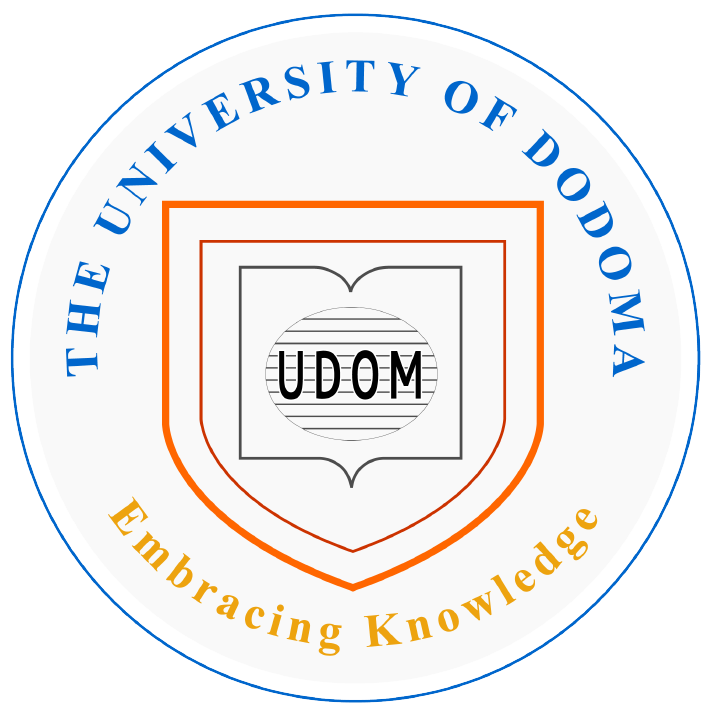Abstract
This study investigated the factors influencing student-teachers’ development and use of pedagogical ICT competences in teaching and learning process. The study was guided by the Theory of Planned Behavior and the Technological Pedagogical Content Knowledge model. A descriptive research method was employed to gather quantitative data from a purposive sample of 187 third-year student-teachers from three universities in Tanzania. Data analysis included descriptive statistics and correlation analysis. The results indicated a significant positive correlation between variables related to facilitative condition factors for the development of pedagogical ICT competences. Other factors such as attitudes and expectations, operational usefulness, and social influences had positive corrections; although, they were statistically insignificant. Regarding perceived pedagogical ICT competences related to content delivery, about 74% of the respondents perceived themselves as very skilled and 25.67% as fairly skilled. In addition, competences related to incorporating ICT in instructional strategies, 58.82% of the respondents reported that they were very skilled and 34.22% said they were fairly skilled. These findings highlight the need for targeted interventions to strengthen the training on pedagogical ICT competences and promote effective technology integration in content delivery and instructional strategies.
